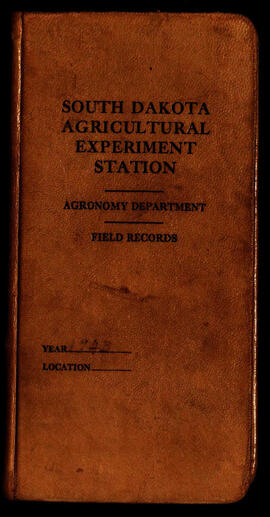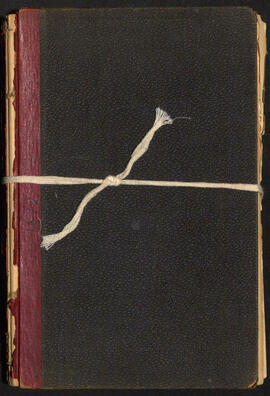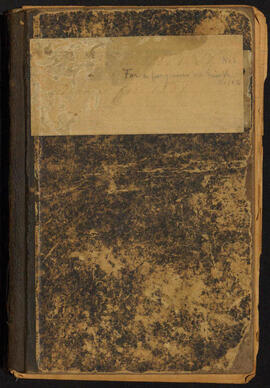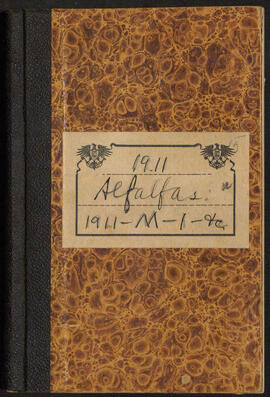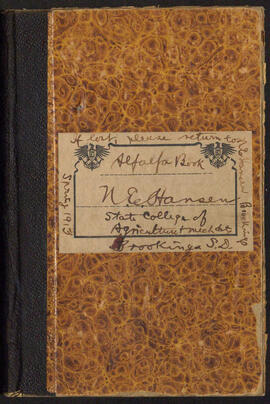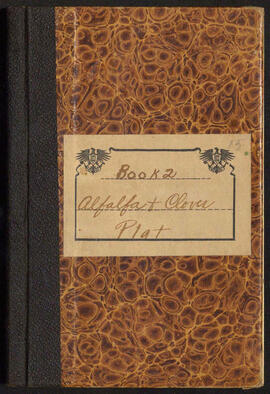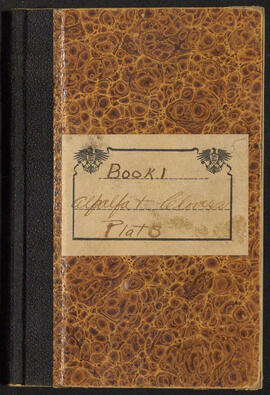UA053-004-3D-0191
- The name Turkestanica is not a botanical distinction, but one given by Russian agronomists to distinguish the alfalfa found in Russian Turkestan in central Asia. The present sample is originally from Tashkent, the capitol of Russian Turkestan, grown at Moscow, and originally the seed from one plant. At Moscow agricultural college Prof. Williams has found this strain very hardy, very productive, and beautiful plant; while the French Lucerne, by which is meant the ordinary south European or north Agrican form of the species, winterkills at Moscow, Russia.
